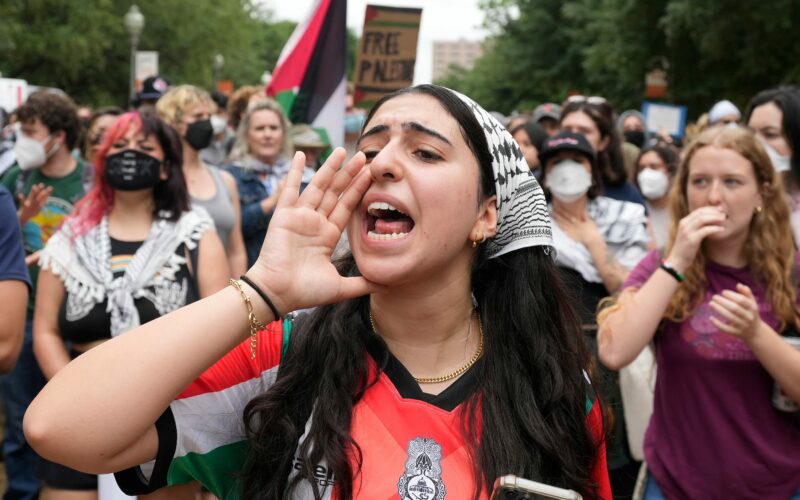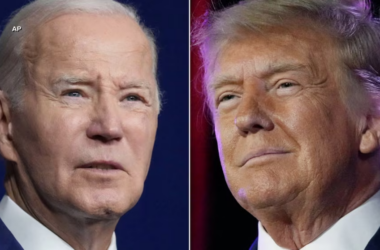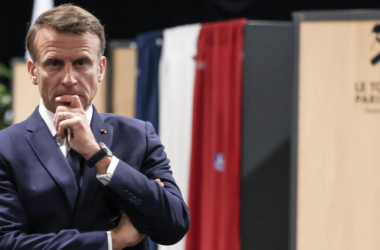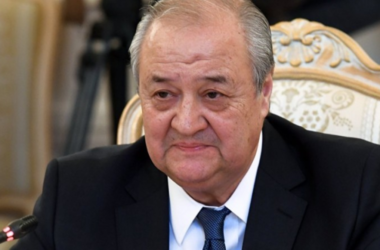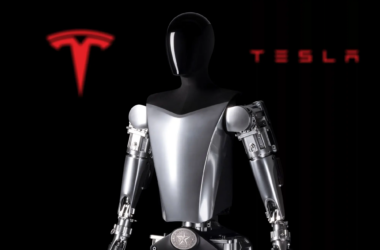A group of influential businessmen reportedly pressured New York City Mayor Eric Adams to crack down on pro-Palestinian student protests at Columbia University, according to a Washington Post article based on leaked WhatsApp conversations. These individuals, who aimed to influence public perception of Israel’s actions in Gaza, donated to Adams’ campaign and offered to fund private investigators to help manage the demonstrations.
The report, published on Thursday, detailed how several billionaires discussed ways to persuade both the mayor and the university’s president to end the protests, which were forcefully dispersed last month amidst criticism of the police’s aggressive tactics.
“One member of the WhatsApp chat group told The Post he donated $2,100, the maximum legal limit, to Adams that month,” the story reads.
“Some members also offered to pay for private investigators to assist New York police in handling the protests, the chat log shows — an offer a member of the group reported in the chat that Adams accepted.” However, city authorities have denied that private investigators were used to manage the protests.
This revelation comes amid increasing incidents of universities nationwide employing force against pro-Palestinian activism, raising concerns about the suppression of political expression. Some universities have managed to negotiate with student protesters, who have called for divestment from companies involved in Israel’s military actions in Gaza and boycotts of Israeli institutions.
The WhatsApp chat referenced by the Washington Post included notable businessmen such as former Starbucks CEO Howard Schultz, Dell founder and CEO Michael Dell, hedge fund manager Bill Ackman, and Joshua Kushner, brother of Jared Kushner, a former adviser on Middle East issues to President Donald Trump.
Other prominent figures, including snack company founder Daniel Lubetzky, hedge fund manager Daniel Loeb, billionaire Len Blavatnik, and real estate investor Joseph Sitt, reportedly held a video meeting with Mayor Adams on April 26.
Despite the police intervention, pro-Palestinian protests have continued, sometimes gaining increased support from faculty and fellow students. While supporters of the crackdowns argue that they are necessary to ensure the safety of Jewish students, some of whom have expressed feeling threatened by anti-Israel rhetoric at the protests, pro-Palestinian students, many of them Jewish, have often faced the brunt of the violence with little response from authorities.
Earlier this week, a union representing about 48,000 graduate student workers in California authorized a strike over the treatment of student protesters at universities such as the University of California at Los Angeles (UCLA). At UCLA, a pro-Israel group attacked a pro-Palestinian encampment with metal pipes and mace while police reportedly stood by. Several pro-Palestinian activists were hospitalized, and the following day, police cleared the pro-Palestinian encampment.




